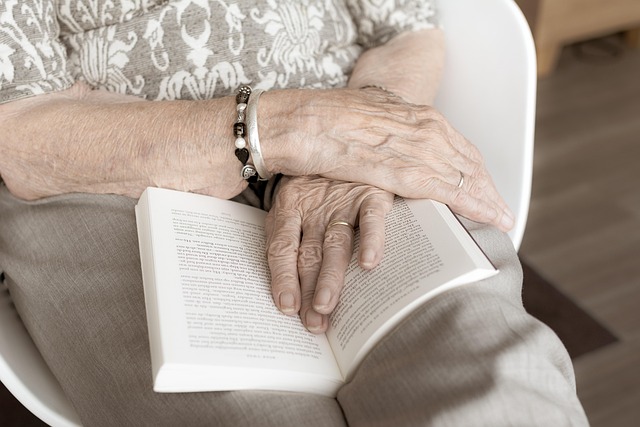Navigating End-of-Life Care: Legal Support for Palliative and Hospice Planning
End-of-life planning involves creating a Living Will/Healthcare Directive (Advance Care Directive) t…….
Understanding End-of-Life Care Planning
End-of-life care planning is a comprehensive approach that ensures individuals’ wishes are respected, their pain and symptoms are managed, and they receive the necessary support as they approach the end of their life. This process includes advance care planning (ACP), palliative care, hospice care, and legal documentation such as living wills and healthcare proxies. It is a multidisciplinary field that involves healthcare providers, social workers, ethicists, and legal professionals working together to provide holistic care. The core components of end-of-life care planning include:
Global Impact and Trends
End-of-life care planning is a global concern, with variations in practice influenced by cultural, ethical, religious, and economic factors. Key trends shaping its trajectory include:
Economic Considerations
The economic aspects of end-of-life care planning are multifaceted. Market dynamics and investment patterns are influenced by:
Technological Advancements
Technology plays a crucial role in advancing end-of-life care planning. Significant advancements include:
Policy and Regulation
The legislative framework governing end-of-life care planning includes:
Challenges and Criticisms
End-of-life care planning faces several challenges and criticisms, including:
Case Studies
Conclusion
End-of-life care planning is a complex issue that touches on medical, legal, ethical, and cultural aspects of care. As global populations age and healthcare systems face increasing demands, the importance of thoughtful, patient-centered end-of-life care planning grows. Through advancements in technology, policy development, and interprofessional collaboration, we can improve the quality of life for patients and their families during this critical time.
FAQs
What is end-of-life care planning?
End-of-life care planning encompasses discussions about a patient’s wishes regarding medical treatment and care preferences at the end of life, as well as legal documentation to ensure those wishes are followed. It involves a multidisciplinary approach that includes palliative and hospice care, along with support for families.
Why is advance care planning important?
Advance care planning is important because it allows individuals to express their preferences for medical care if they become unable to make decisions themselves due to illness or incapacity. It ensures that a patient’s wishes are respected and that they receive care that aligns with their values and beliefs.
What are the benefits of palliative care?
Palliative care improves the quality of life for patients and their families facing the challenges associated with serious illnesses by addressing physical, emotional, social, and spiritual needs. It also helps to manage pain and other symptoms, provides support to families, and can lead to less aggressive treatments and lower healthcare costs.
How does technology impact end-of-life care planning?
Technology enhances end-of-life care planning by facilitating telehealth services, offering innovative pain management solutions, enabling better communication through social platforms, and providing data analytics for personalized care plans.
What are some of the challenges in implementing end-of-life care planning?
Challenges include cultural barriers to discussing end-of-life issues, access to care due to economic or geographic limitations, variations in the quality of care, and ensuring that patient wishes are respected even when they conflict with family or physician preferences.

End-of-life planning involves creating a Living Will/Healthcare Directive (Advance Care Directive) t…….

End-of-life planning involves creating essential documents like living wills and healthcare directiv…….

End-of-life planning involves creating legal documents (living wills, healthcare directives) with th…….

End-of-life planning is a proactive process that prepares individuals for future healthcare decision…….

End-of-life planning involves creating legal documents (living wills, healthcare directives) to appo…….

End-of-life planning involves creating legal documents like living wills and healthcare directives t…….

End-of-life planning involves creating legal documents like living wills and healthcare directives t…….

End-of-life planning involves creating legal documents like living wills and healthcare directives t…….

End-of-life planning involves creating legal and medical documents to express wishes about healthcar…….

End-of-life planning involves creating legal documents (living wills and healthcare directives) to s…….